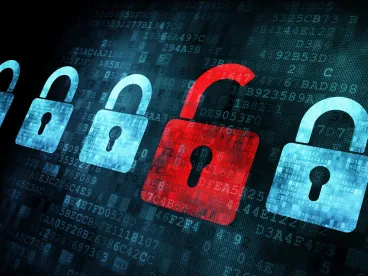Like most trying times, the Coronavirus brings out the best and worst. Unfortunately, criminals are targeting the federal stimulus money that has been distributed to qualified Americans. According to the FBI, scammers are leveraging the COVID-19 pandemic to steal victim’s money and personal information. There has been an alarming surge in the number of scam phone calls, text messages, social media scams, and emails. The FBI is receiving between 3,000 and 4,000, complaints a day through its internet portal.
Scammers are falsely claiming that individuals must provide personal information to collect government money. Considering this is untrue, the government will not reach out to you, this includes calls, texts, and/or emails.
The IRS will deposit your check into the direct-deposit account you previously provided on your tax return or will mail a paper check to the address on your tax return. The “Get My Payment” tool can be accessed at this link. Individuals who were not required to file a 2018 or 2019 tax return can enter their information here to apply for their stimulus checks.
Please be on the lookout for emails claiming to be from the Centers for Disease Control and Prevention (CDC), or organizations claiming to offer information about the Coronavirus. According to the FBI, fraudsters are using links in emails to deliver malware to computers that can steal information or lock your computer in exchange for a ransom.
The FBI also cautioned Americans to be weary of websites and apps claiming to track COVID-19 cases. According to the FBI, criminals are using malicious websites to infect and lock devices until payment is received.
Stark & Stark encourages you to be extremely weary and careful. If you or a loved one is the target or victim of a scam, we encourage that you report it by contacting the National Center for Disaster Fraud Hotline at 866.720.5721 or via email at disaster@leo.gov



 />i
/>i
